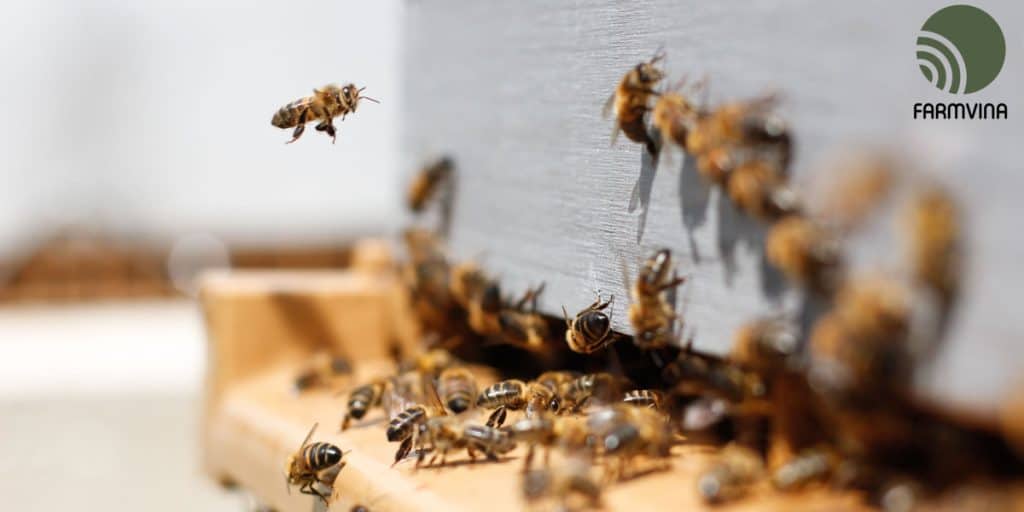Collecting Rainwater
Collecting rainwater for watering plants and using it for household purposes is one of the integral parts of urban homesteading. Rain water is free; you don’t have to pay thousands of dollars in getting a few hundred gallons of water. It is yours and yours for free.
Regardless of whether you live in a draught-stricken part of the world, or you are blessed with enough rain water for generations, you have to take the right steps to harvest this important element.
If you are looking at self-sufficiency as one of the primary goals of urban homesteading, then you have to accept rainwater harvesting as one of the prime and most useful, simple, and cheap ways of maintaining your garden. Water reservoirs and catchment areas are fast disappearing in the concrete wilderness of cities.

prolonged period of time
The main simple homesteading idea behind rainwater harvesting is to capture the runoff water from roof tops, downspouts, and gutter and collect them in storage containers.
You should make sure that you collect rainwater in large chemically-untreated containers so that your plants will not absorb toxins from the containers, if you use the water stored in these containers to water your plants.
However, even 5 gallon containers tend to fill up very quickly, making it necessary that you look for other sustainable methods of water harvesting. You can try building a pit of gravel, sand and pebbles that collects the rain water and diverts it into your well.

water for your plants
This way, you can maintain groundwater levels throughout the year. The sand, pebbles and gravel help in filtering water off harmful bacteria. Rainwater is free of chemicals, free from pesticides if you collect them from rooftops and balconies; they are not treated with chlorine and other chemicals that could affect the growth of your garden.
Making use of stored rainwater to water your plants is a good way to ensure you get a good yield every time. Always make use of spot watering or hand watering. You can try watering the plants, either in the morning or after sunset.
Never water your plants too late into the nights; some of the roots and leaves of certain plants need to be dry before the night. Some plants require constant watering; this is helpful when you are looking at a plant that is accustomed to rainy and moisture-laden climates…
Originally posted 2020-08-15 23:39:21.




That’s wonderful explanation. This is why nature keeps it cycle in rotation.
@Jake Ryan: Indeed! Let’s know if you have experience collecting rainwater before.